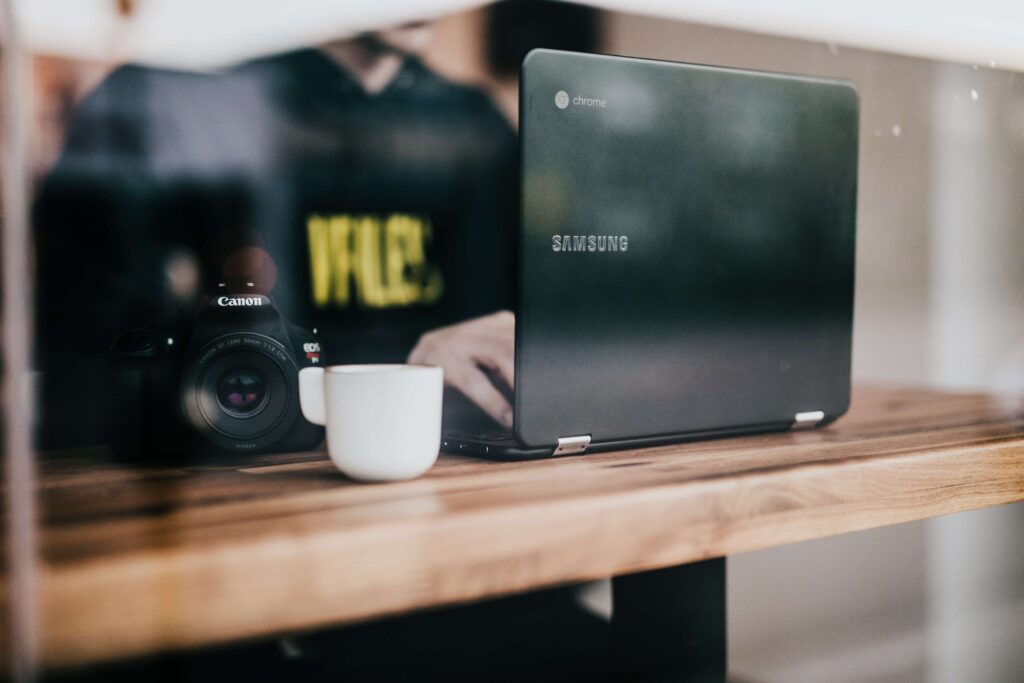
Be honest, you saw that title and immediately thought of being able to take your own booze into curry houses, didn’t you? Oh. Just me then. Well, if you didn’t think that, you are right, BYOD stands for Bring Your Own Device. It refers to the ever increasing trend for companies to allow employees to use their own favoured devices, whether a smartphone, tablet or laptop, to access company networks and data. Enormously popular in the Middle East (with 80% adoption) and rapidly growing markets such as India, Brazil, Malaysia and Russia, it is fast becoming a mainstay of IT operations in many global companies.
The advantages of BYOD are quite obvious. If employees are allowed to use whatever device they have chosen for their own personal use, clearly that is the device on which they will work best. A substantial amount of research has demonstrated that employees using their own devices are more productive than those using devices forced on them by their employer. From a company point of view, allowing employees to use their own devices makes a company look on trend and flexible. From a simple logistical point of view, it obviously makes sense for a user not to have to juggle two smartphones, two laptops, two tablets, etc. In the “new normal” of the pandemic, BYOD has clear advantages; however rapidly and surprisingly a lockdown or other restrictions may be implemented, employees will always have access to company networks through devices that they have at home.
However, there are considerable drawbacks as well. Security is the major concern for IT operations in all major companies, and BYOD presents major security issues.
Most of us have lost a mobile device at some point in our lives (if like me, you’ll lose it every day and have to phone it to find out where it is). If malicious actors get their hands on a device linked to a company network, they can do untold damage. IT departments will do their best to introduce antivirus software and rigorous password protection on all BYOD machines, but these will, to a large extent, rely on the employee remembering to follow all protocols, even when home and using their device for leisure purposes. One of the great advantages of BYOD, the fact that the employee can use it from anywhere, is also one of its great drawbacks; employees working from home, a coffee shop, an airport terminal and so forth are using Internet connections over which the company has no control, opening layers of vulnerability that can be fatal to systems with poor security. There are also issues regarding employees forgetting to wipe their devices of company information when they leave a job or pass their phone to somebody else, and liability questions as to whether the company or the individual employee is responsible for a security breach implemented through the employee’s device.
Finally, employees encouraged to BYOD might want to consider what the company is getting out of it, apart from the above-mentioned productivity advantages. Are employees at risk of becoming like teachers (famously “the only profession where you steal stuff from home to take into work”)? If the company doesn’t have to issue you with a smartphone, a laptop and/or a tablet, clearly their savings are running into the thousands. Some companies have developed recompense policies, for example paying for some or all of an employee’s mobile and/or Wi-Fi bills, but these forms of recompense are of course taxable in many instances. It’s definitely worth checking to ensure that BYOD doesn’t become PYOW – pay your own way.